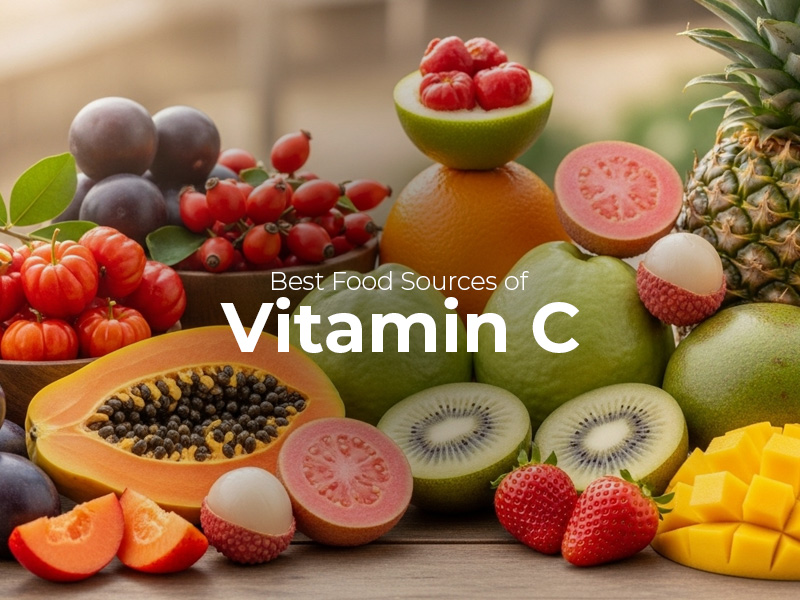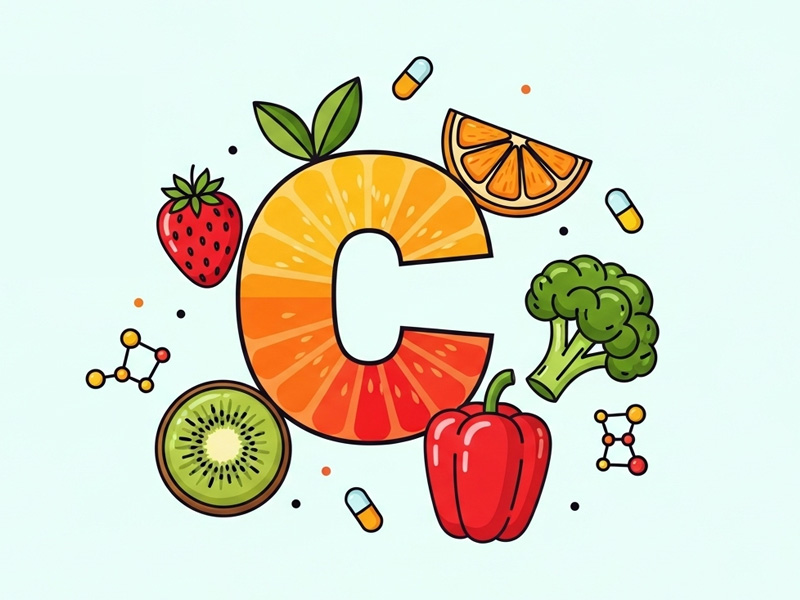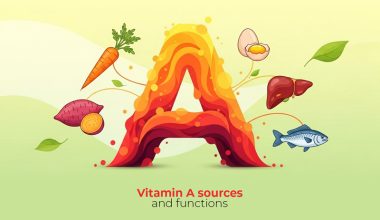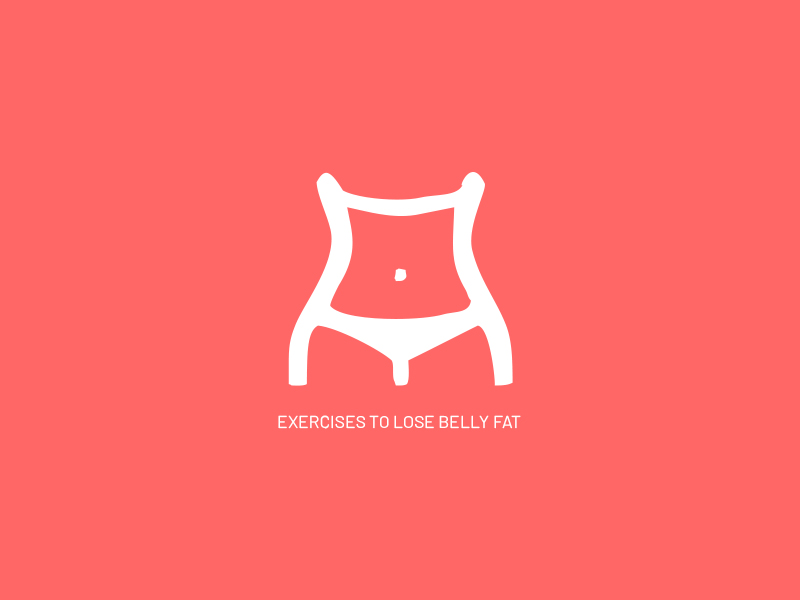Here is a comprehensive overview of Vitamin C, including its key functions and best food sources.
What is Vitamin C?
Vitamin C, also known as ascorbic acid, is a water-soluble vitamin that is essential for the growth, development, and repair of all body tissues. It’s involved in many bodily functions, including the formation of collagen, absorption of iron, and the proper functioning of the immune system. Since the human body cannot produce or store it, you need a consistent supply from your diet.
Key Functions of Vitamin C
Vitamin C plays a crucial role in numerous physiological processes:
1. Powerful Antioxidant: It protects cells from damage caused by free radicals, which are unstable molecules that contribute to aging and conditions like cancer, heart disease, and arthritis.
2. Collagen Synthesis: This is one of its most vital roles. Vitamin C is essential for producing collagen, a protein that is the main building block for:
· Skin: Provides structure and elasticity.
· Tendons and Ligaments: Connects muscles to bones and bones to each other.
· Blood Vessels: Maintains the integrity of arteries and veins.
· Bones and Cartilage: Supports and cushions joints.
3. Immune System Support: It supports various cellular functions of both the innate and adaptive immune system. It helps stimulate the production and function of white blood cells (like lymphocytes and phagocytes) that protect the body against infection.
4. Enhances Iron Absorption: Vitamin C significantly improves the absorption of non-heme iron (the form of iron found in plant-based foods like beans, lentils, and spinach), which is crucial for preventing iron-deficiency anemia.
5. Wound Healing: Because of its role in collagen formation, it is essential for healing wounds, cuts, and scrapes.
6. Neurotransmitter Synthesis: It is necessary for the production of key neurotransmitters (chemical messengers in the brain), such as norepinephrine and serotonin, which affect mood, stress response, and brain function.
Best Food Sources of Vitamin C

While oranges are the most famous source, many fruits and vegetables are excellent, and sometimes even better, sources of Vitamin C.
Excellent Fruit Sources (ranked by approximate mg per serving):
· Kakadu Plums: An Australian native superfood, containing 1000-5300 mg per 100g (the highest known source).
· Acerola Cherries: ~1650 mg per cup.
· Rose Hips: ~425 mg per 1/4 cup.
· Guava: 377 mg per cup.
· Kiwifruit (Golden): ~290 mg per cup.
· Lychees: 226 mg per cup.
· Papaya: ~185 mg per cup.
· Strawberries: 98 mg per cup (halves).
· Oranges: 96 mg per one medium orange.
· Kiwifruit (Green): ~85 mg per one medium kiwi.
· Cantaloupe: ~65 mg per cup.
· Mango: ~60 mg per cup.
· Pineapple: ~55 mg per cup.
Excellent Vegetable Sources (ranked by approximate mg per serving):
· Bell Peppers (Yellow & Red): ~340 mg per cup (raw).
· Bell Peppers (Green): ~120 mg per cup (raw).
· Broccoli: ~90 mg per cup (cooked).
· Brussels Sprouts: ~80 mg per cup (cooked).
· Kale: ~80 mg per cup (cooked).
· Snow Peas: ~60 mg per cup (raw).
· Cauliflower: ~55 mg per cup (cooked).
· Tomatoes: ~55 mg per cup (cooked from fresh).
· Spinach: ~18 mg per cup (raw, but more when cooked and concentrated).
Important Considerations
· Cooking and Storage: Vitamin C is sensitive to heat, light, and air. To preserve it:
· Eat fruits and vegetables raw when possible.
· Use steaming or microwaving instead of boiling.
· Store produce in a cool, dark place and use it quickly.
· Recommended Daily Allowance (RDA):
· Adult Men: 90 mg/day
· Adult Women: 75 mg/day
· During Pregnancy: 85 mg/day
· During Breastfeeding: 120 mg/day
· Smokers: Add an additional 35 mg/day, as smoking depletes Vitamin C.
· Deficiency: A severe deficiency leads to scurvy, characterized by fatigue, swollen gums, joint pain, and bruising. While rare today, it underscores the vitamin’s importance.
· Supplements: Most people can meet their needs through a balanced diet. Supplements can be useful for certain individuals (e.g., those with restricted diets, smokers, or people with certain medical conditions), but it’s best to consult a healthcare provider first.
In a nutshell: For optimal health, include a variety of colorful fruits and vegetables in your diet every day. A single medium orange or a cup of strawberries can meet or exceed your daily requirement.

Note: Always consult with a healthcare provider before starting any new supplements.







